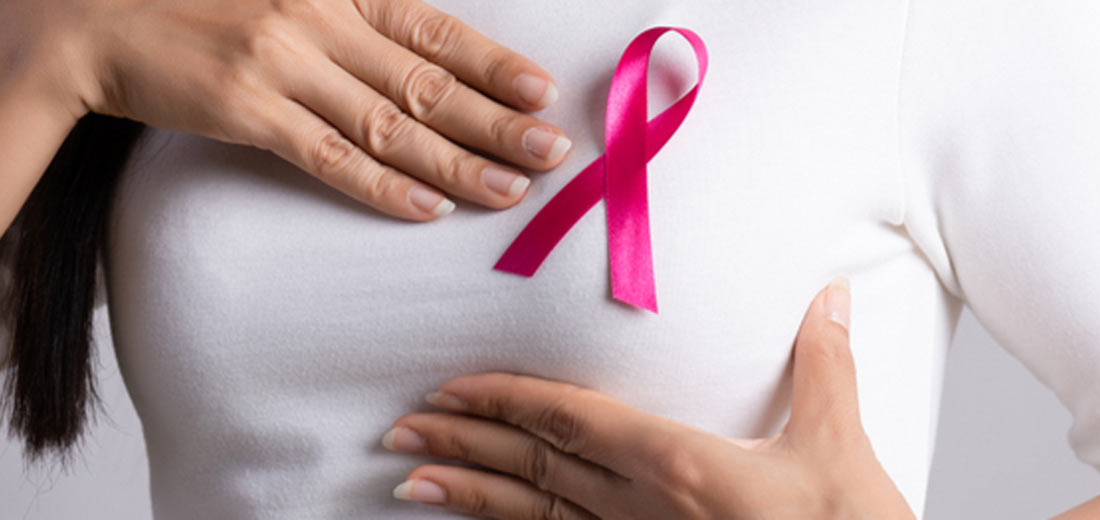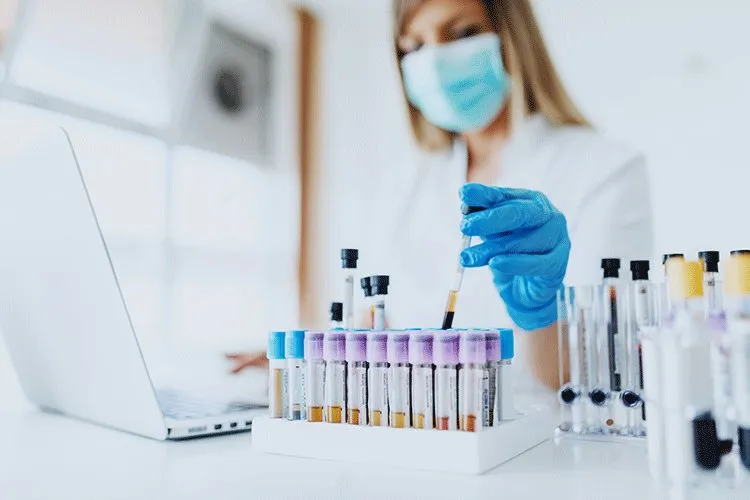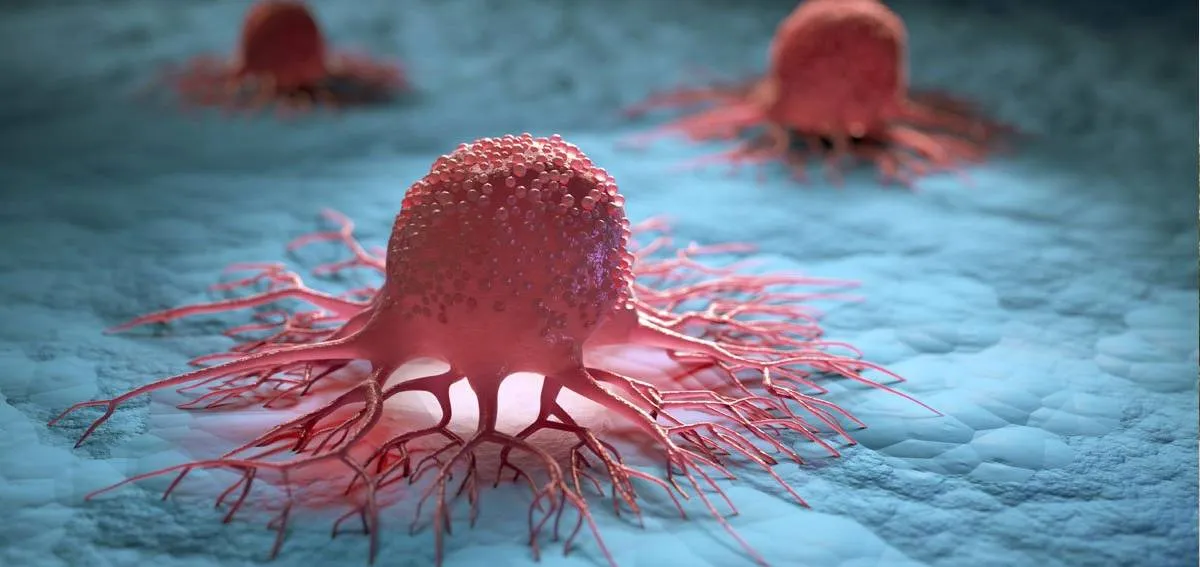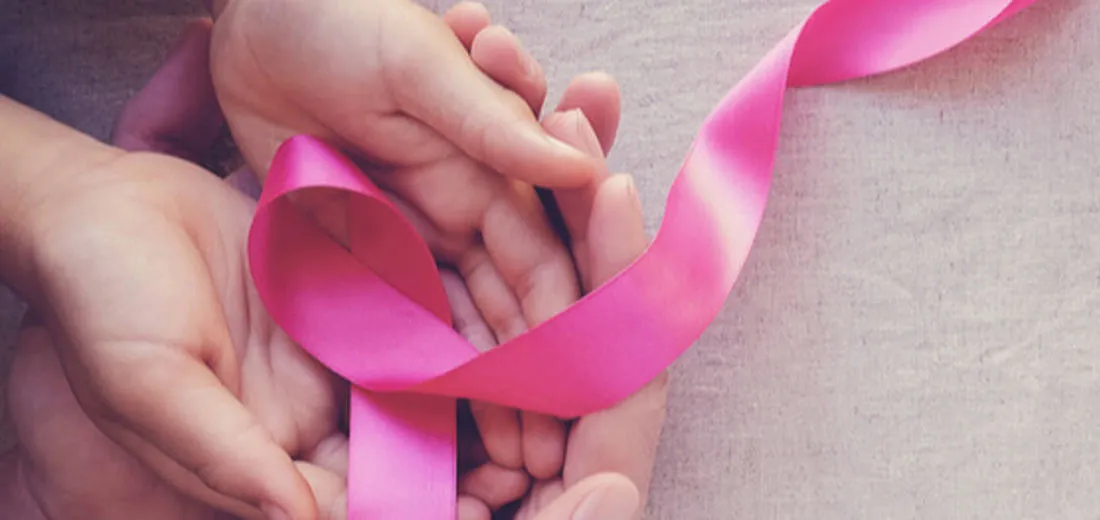Here are few tips after Breast Cancer Surgery
Breast cancer is one of the most common forms of cancer in the world. While this disease is mostly associated with women, it can occur in men too. One of the biggest positives in this condition is that treatment can often be successful, especially in early breast cancer stages. Surgery is one of the most common breast cancer treatment options wherein the tumour is removed before it spreads.
Breast cancer treatment can be highly effective, achieving survival probabilities of 90% or higher, particularly when the disease is identified early.
Regular screenings, especially after the age of 40, can go a long way in the early detection of breast cancer. As breast cancer symptoms may start mild, they are tough to detect. Once diagnosed, a consult with the best surgical oncologist in Bangalore can help you understand how best to proceed with your treatment and will likely opt for surgery by itself or in combination with other treatment methods.
Your care team will give you a list of guidelines to help you recover post-breast cancer surgery. Here, we bring you certain care tips that can aid your healing.
Drainage Device Care
Surgical drains are an important component of post-breast cancer surgery care that help drain fluid build-up in the surgical area. This device is often attached under your armpit and could be kept in place for 1 to 3 weeks after surgery. Be sure to follow your oncologist’s guidelines in caring for the device. You will be required to drain the fluid, make a note of the discharge amount, as well as check for changes in colour. Typically, the fluid may start as red and lighten in colour over the next few days.
Bandage and Incision Care
Your care team will explain to you how to care for your bandages. You will probably have a waterproof dressing covering your bandages and incision to avoid getting them wet. These typically stay on for at least a week after surgery. You may need to stick to sponge baths to keep them dry as they can get infectious if wet. Do not remove any tapes or bandages on your own. Your doctor will schedule a follow-up visit to remove your bandages.
Pain Management
Pain and discomfort are common after breast cancer surgery. Your oncologist will prescribe certain painkillers on a schedule to help manage your pain. Be sure to stick to the schedule as much as possible to prevent your pain from getting severe. If you find that the medicines are not helping, reach out to our care team for an alternative but do not exceed your prescribed dose. Don’t take any pain medicine without checking with your doctor as medicines such as aspirin can increase the risk of bleeding.
Restrict Activity
Avoid strenuous activities such as heavy lifting or dynamic movements as they can rip your sutures. Take it easy for the first week or so till your stitches are removed. Check with your care team as to what activities are allowed and what should be avoided. For instance, light walking may be permitted but not driving.
Mobility Exercises
Once your body starts to heal, your surgeon may suggest certain exercises to help regain mobility. Be sure to do them regularly but only after you are allowed. These may include arm lifts and other arm and shoulder mobility exercises to help strengthen your muscles and prevent stiffness.
Be Regular With Follow-Up Appointments
Following your breast cancer surgery, you will be required to go for follow-up visits. This is so your doctor can check that everything is fine, and that the cancer has not returned. These are a vital part of your breast cancer treatment so do not skip them. In some cases, the doctor may recommend additional tests or scans to ensure everything is fine.
Watch Out For Any Warning Signs
Certain complications may follow surgery. The key is to alert your care team at the earliest to take remedial action. Some of these symptoms include:
- Infections
- Swelling in the arm
- Lack of wound healing
- Fever
- Swelling at the surgery site
- Loss of appetite
- Blurred vision
- Dizziness
- Headaches
- Persistent pain that is not alleviated even after medicines
- Blood under the dressings
- Pus discharge or foul smell near the surgery site
Conclusion
Surgery is a popular treatment option for breast cancer. Consult the best surgical oncologist in Bangalore to help you understand what to expect and post-operation care tips that can help you recover faster.




